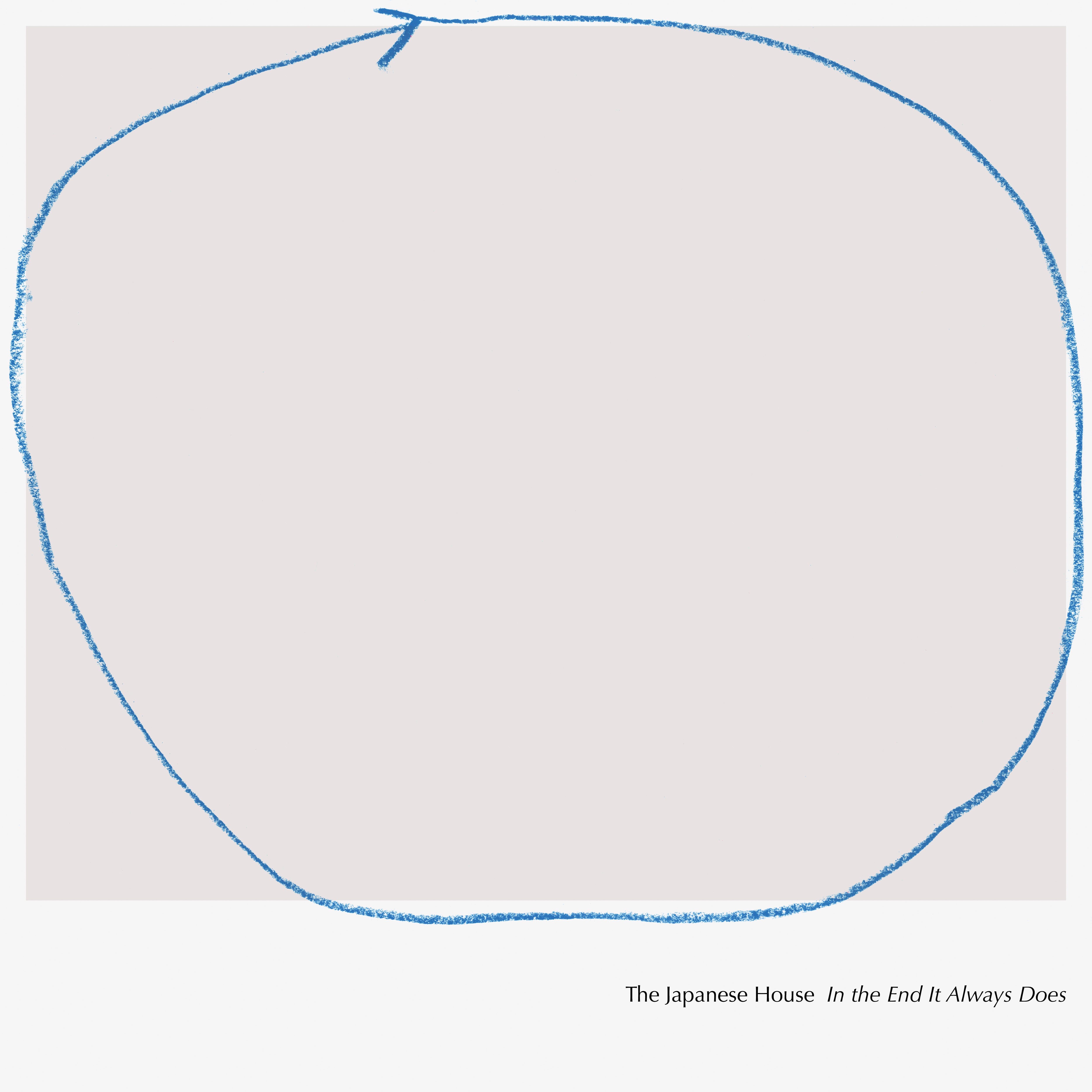Music Review: The Japanese House on love, heartbreak and a very good dog
More than four years have passed since the first studio release by Amber Bain, known professionally as The Japanese House

Your support helps us to tell the story
From reproductive rights to climate change to Big Tech, The Independent is on the ground when the story is developing. Whether it's investigating the financials of Elon Musk's pro-Trump PAC or producing our latest documentary, 'The A Word', which shines a light on the American women fighting for reproductive rights, we know how important it is to parse out the facts from the messaging.
At such a critical moment in US history, we need reporters on the ground. Your donation allows us to keep sending journalists to speak to both sides of the story.
The Independent is trusted by Americans across the entire political spectrum. And unlike many other quality news outlets, we choose not to lock Americans out of our reporting and analysis with paywalls. We believe quality journalism should be available to everyone, paid for by those who can afford it.
Your support makes all the difference.“In the End it Always Does” by The Japanese House (Dirty Hit)
More than four years have passed since the first studio release by Amber Bain, known professionally as The Japanese House. Her second album, “In the End it Always Does,” was conceived in a burst of creativity after the disintegration of a relationship. The result is a sweetly melancholic chronicle of a cycle of falling in and out of love, and a celebration of the dog who got her through it.
The album slides smoothly between dreampop, '70s-infused folk rock and a half dozen other genres to fit comfortably into an emergent London sound alongside artists such as Arlo Parks and Etta Marcus. Bain produces and writes or co-writes all of the songs, and plays nearly all of the instruments, including bass, guitar, keyboard, piano and percussion.
George Daniel of The 1975 and Chloe Kraemer share production credit. The 1975’s Matty Healy adds production, vocals and guitars on some tracks, and Muna’s Katie Gavin sings on one. But this album is largely the product of Bain’s singular talent and vision, and she establishes coherent musical and emotional themes that run its full length.
The opening track, “Spot Dog,” sets the rules on Bain’s terms, blending analog instruments with intermittently heavy production and distortion. As in many of the songs, it is slow to resolve, starting with jazzy piano noodling, and adding in other instrumentals that search for and usually find their melodies.
“Sad to Breathe” highlights the extent of her toolkit. It starts soft and simple but confidently layers rhythms and complex instrumentation under the chorus, “it’s sad to breathe the air when you’re not there.” Throughout the album, lyrics are consistently simple, devastating and relatable. On the following track, “Over There,” she sings “She stops by/ From time to time/ She keeps her coat on.”
“Sunshine Baby” is a lovely bit of summertime sadness with bright instrumentals and wistful delivery. She sings, “I don’t know what’s right anymore/I don’t wanna fight anymore,” but finds her grounding, “Sitting by the seafront/Lying with my sunshine baby.” (Sunshine is her nickname for her dog.)
The homestretch features a trio of songs that are reminiscent of '70s artists such as Rickie Lee Jones and Joni Mitchell. But feather-light Auto-Tune manipulation places them squarely in the present, in an uncanny valley specific to current anxiety over what is real and what is AI.
The final track and emotional core of the album, “One for Sorrow Two for Joni Jones” again comes full circle with her most faithful companion: “No one’s ever gonna love me like this dog lying on my lap,” and it’s easy to believe that little Joni Jones is enough for now. The album closes with a soft click – maybe a door closing, maybe a stylus reaching the end of a vinyl LP – and the circle has been completed.
___
AP music reviews: https://apnews.com/hub/music-reviews